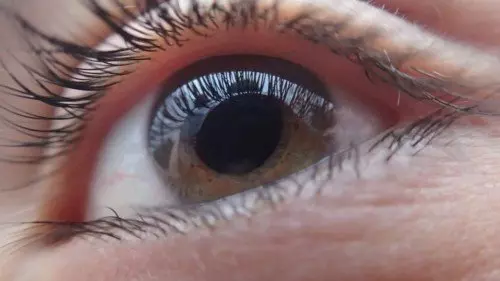Anticholinergics: Trihexyphenidyl, Benztropine.
Table of Contents
ToggleBrandnames in India: Pacitane, Parkin etc…
How do these medications work?
Dopamine has an enemy in the brain, called Acetylcholine. Acetylcholine actually is a good chemical with a lot of beneficial effects, but one of the things it does is to reverse some of the actions of Dopamine.

These medications are anticholinergic. That is, these medications by destroying the effect of acetylcholine, give Dopamine a free hand in the brain.
Uses / Advantages:
- There are no real advantages to the use of acetylcholine, over and above the usual Parkinson’s medications described earlier.
- Sometimes, symptoms like Parkinson’s disease produced by the side-effects of other medications (Medication Induced Parkinsonism). These medications are effective in that situation. But, so is Amantadine – and it is much safer.
Disadvantages:
Oh Boy!
First, they are not as effective as levodopa. And they cause serious side-effects!
I (and many other doctors) believe that Trihexyphenidyl (Pacitane) and related medications should not be used in the elderly, at least not routinely. Acetylcholine has many vital roles to play in the body, including proper functioning of the brain, passing urine and keeping your pupils at the appropriate size.
Therefore the most common, and frequently serious side-effects with the use of these medications are:
- Confusion – The patient may lose track of day and night. He/She gets confused easily, has trouble paying attention or remembering anything. In very severe cases, the patient can have visual hallucinations and become physically violent!

- Acute urinary retention – This happens more frequently in males. The urinary bladder fills up with urine, but because of the anticholinergics, the path for urine to get out is closed! The patient starts becoming very, very uncomfortable because of the ever-increasing size of the bladder, which causes severe abdominal pain. This sometimes requires the urgent insertion of a catheter.
- Glaucoma – Similar to what happens with urine, these medications can cause shut off the flow of fluid away from the eye. They make the pupil very large, blocking all the drainage pipes in the periphery of the eye. As a result, fluid keeps accumulating within the eye, and it starts becoming larger. The eye is not a very flexible, and therefore the pressure inside it increases rapidly, and this can cause severe eye pain and blindness. Immediate medical treatment is needed!

Bottom Line:
Who would you much rather have on your side? Arnold Schwarzenegger (Levodopa) or a potentially villanous side-kick (Trihexyphenidyl/Pacitane)?
Caution: This information is not a substitute for professional care. Do not change your medications/treatment without your doctor’s permission.
